What the Contrarians are Reading This Summer
From epic works of history to timely crime novels, here are the books that are keeping us inspired and entertained while the weather is warm
Summer is the season for reading, whether you’re doing it by the pool, on an airplane, or from the comfort of an air-conditioned living room.
Traditionally, summer reading lists tend to be replete with breezier titles — engrossing page-turners that keep us diverted without challenging us too much, just like the four-quadrant blockbusters at the cineplex during the warmer months.
At The Contrarian, we have different ideas about what to read when the sun is shining. Summer doesn’t have to (just) be about escapism. Below, we’ve shared our eclectic picks, which range from feminist cultural criticism to satirical contemporary fiction.
I am rereading The Second World War, Winston Churchill's six-volume history of the war. It is the best single guide to winning a sustained, multi-year battle for democracy and remaining hopeful no matter how dark an hour may seem. It is also beautifully written, full of thousands of gripping episodes, each of which could be (and many of which have been) a book of their own. And, as you can see from my very well-worn copy of Volume One, it is not my first time through this set! —Norm Eisen
I just finished The Doorman: A Novel, by Chris Pavone — witty, biting, just fabulous on race, New York City, art, class, etc. — and The Empresses of Seventh Avenue: World War II, New York City, and the Birth of American Fashion, by Nancy MacDonell: fashion, midcentury NYC. Enthralling!
I am now reading a book written in 2006: Laurel Canyon: The Inside Story of Rock and Roll’s Legendary Neighborhood by Michael Walker (if people liked Ron Brownstein’s Rock Me on the Water, this is a total blast). —Jennifer Rubin
More Everything Forever: AI Overlords, Space Empires, and Silicon Valley's Crusade to Control the Fate of Humanity, by Adam Becker
“The dream is always the same: go to space and live forever.” So begins More Everything Forever, science journalist Adam Becker’s investigation into the all-too-stratospheric ambitions of the tech billionaires who control an ever greater share of American GDP and political will. Becker’s new book is a bracing tonic to the increasingly loony pontificating of Elon Musk, Peter Thiel, Sam Altman et al., laying out how their doomsday fears and utopian visions alike are rooted in “shallow futurism and racist pseudoscience,” often from adolescent readings of golden age science fiction authors who were themselves writing cautionary tales, not technocracy wishlists. The upshot, Becker argues, is a costly distraction from our real and present social and environmental crises. If you’re tired of Silicon Valley’s messiah complex, this is the book for you. —Meghan Houser
I’m loving The Spy and the Traitor: The Greatest Espionage of the Cold War by Ben Macintyre because—though a true story—it enables me to escape into a seemingly distant fantasy world where even the more treacherous characters leading our national intelligence were able to speak coherently. Beyond that, Ben Macintyre never fails to transport you into the fascinating rooms and fascinating minds that changed the course of our recent history. —Domenica Alioto
I am a sucker for anything that combines a pop culture deep dive with feminist criticism, so it’s probably a given that I was going to love Girl on Girl: How Pop Culture Turned a Generation of Women Against Themselves by Sophie Gilbert. Gilbert’s book focuses on the late ‘90s and early ‘00s, an era of leering, mean-spirited culture (think: Girls Gone Wild and Britney-obsessed tabloids) that taught young women “that sex was our currency, our objectification was empowering, and we were a joke.” It’s especially worth reading now that some of the most pernicious trends of the aughts are back in vogue — and I don’t mean low-rise jeans.
In a similar vein, I’m also diving into Dianaworld: An Obsession by Edward White, which I found in the biography section at my local bookstore, even though it really belongs on a special shelf labelled “cultural histories of flawed celebrities who continue to fascinate the public long after they’re dead.” Rather than concerning himself with the details of Diana’s much-dissected personal life or tragic death, White instead explores our collective fixation with “The People’s Princess” and attempts to understand a parasocial bond that has persisted for more than 40 years.
Finally, because I don’t want the summer sun to completely dull my sense of outrage, I am also enjoying Careless People: A Cautionary Tale of Power, Greed, and Lost Idealism, Sarah Wynn-Williams’ infuriating yet darkly funny memoir about the seven years she spent as a top policy executive at Facebook. (A job she likens to “watching a bunch of fourteen-year-olds who’ve been given superpowers.”) Chock full of damning allegations about the company’s meddling in geopolitics, it reads like a scabrous tech-bro satire, except it’s real.
Meta obtained an injunction to keep Wynn-Williams from promoting the book, which of course made many people, including me, more determined to read it. (It’s called the Streisand effect, Mark. Try googling it.) —Meredith Blake
The Way of the Hermit: My Incredible 40 Years of Living in the Wilderness, by Ken Smith with Will Millard
In this memoir, Ken Smith details his life in a cabin he hand-built near Loch Traigh, the “Lonely Lake,” in the Scottish Highlands—and the tramping and labor that led him there. As Smith both battles and relishes nature, deals with misfortune, and escapes the supernatural (just once), his humor and relatability make the hermiting life enviable. —Jamie Riley
Looking for a light-hearted summer read to pick up while lounging by the pool? Look elsewhere! Notes from a Dead House, by Fyodor Dostoevsky (translated by Richard Pevear and Larissa Volokhosnky) portrays the grueling, alienating life in Siberian prison camps under the Russian Empire. Written from the perspective of a fictional convict to avoid government censors, Dostoevsky describes his own four years of hard labor in Omsk as a punishment for engaging in revolutionary activities against the Tsar. Through a series of disjointed recollections, prison life and the people within it are scrutinized from the perspective of a nobleman who has never faced hardship. Despite the onslaught of isolation, violence, and cruelty surrounding him, Dostoevsky has a profound ability to recognize the virtues of humanity within his fellow convicts.
—Lily Conway
Currently reading: How to Cook a Wolf, by M.F.K. Fisher. First published in 1942 as an ostensible guide for how to survive wartime food rationing, it is a beautifully written example of how to have courage and continue dreaming during tough times. (Plus Ruth Reichl cites Fisher as one of her biggest influences.) —Rachel Gertz
Just read King of Ashes by S.A. Cosby, which is a fun, Southern gangland noir thriller.
Before that, I read Never Flinch, the sixth Holly Gibney novel by Stephen King. It was a wonderful and tense story about political violence and the ever-widening chasm between red and blue America.
I am about to read We Solve Murders by Richard Osman. —Josh Koppel
Fact-checking is a thankless job. Painstakingly reviewing each article line-by-line, and following up with sources that confirm, or flat out reject, what the author has written. Oftentimes, the author receives sole credit for a piece, but it takes a village. The Fact Checker is the debut novel by real-life checker Austin Kelly, who explores the question: What if a fact checker were a little too good at their job? Enter the unnamed protagonist—a checker who works for a widely popular weekly magazine that definitely isn't The New Yorker. What starts as a breezy profile of a Union Square farmer's market booth spirals into a full-blown rabbit hole over a single suspicious sentence, calling everything, including the artisanally grown tomatoes, into question. Want to know how the journalistic sausage gets made? This book is a sharp, slightly unhinged peek behind the curtain.
— Ellie Kurlander
We also asked some of our favorite regular contributors about what’s on their nightstand:
Lovely One: A Memoir, by Ketanji Brown Jackson
Justice Jackson is gaining fans—and detractors—for her unyielding dissents as her ultra-conservative Supreme Court peers are actively dismantling democracy. She is no less unsparing in her memoir. Seeing how the justice was treated during her Senate confirmation was so familiar to a lot of Black women, who have to rise while frequently being the only person in a room that looks like them and always have their credentials questioned. Even though the stakes were much lower for me as a sportswriter, I still felt that kinship, which drew me to her book.
Allow Me to Retort: A Black Guy's Guide to the Constitution, by Elie Mystal
If you've ever seen Mystal during one of his media appearances, you know his glorious gray afro (sometimes accessorized by his black pick) and the frenetic energy he brings to criticizing the Supreme Court. In Allow Me to Retort, he looks at the U.S. Constitution from his vantage point as a Black man, and how the document is frequently intentionally misconstrued by Republicans. I listened to the audiobook, which Mystal reads, and hearing his indignation and sarcasm made it even better.
—Shalise Manza Young
When Women Get Sick: An Empowering Approach for Getting the Support You Need by Rebecca Bloom: Pretty much everything you could ever need to know to self-advocate, plus she is a great storyteller.
Millennial Menopause by Lauren A. Tetenbaum: I’m Gen X, but her book is on the money for all of us!)
Fired Up: How to Turn Your Spark into a Flame and Come Alive at Any Age by Shannon Watts: How women can lead and make the change we want for this world.
Mid-life Private Parts: Revealing Essays that Will Change the Way You Think About Age by Dina Alvarez and Dina Aronson: An essay collection by and for women who really tell it like it is, from our bodies to our love lives.)
—Jennifer Weiss-Wolf
Fellow Contrarians, please let us know what YOU are reading this summer, and why it’s speaking to you right now. It can be anything — new or old, fiction or non-fiction, politically relevant or pure fun.






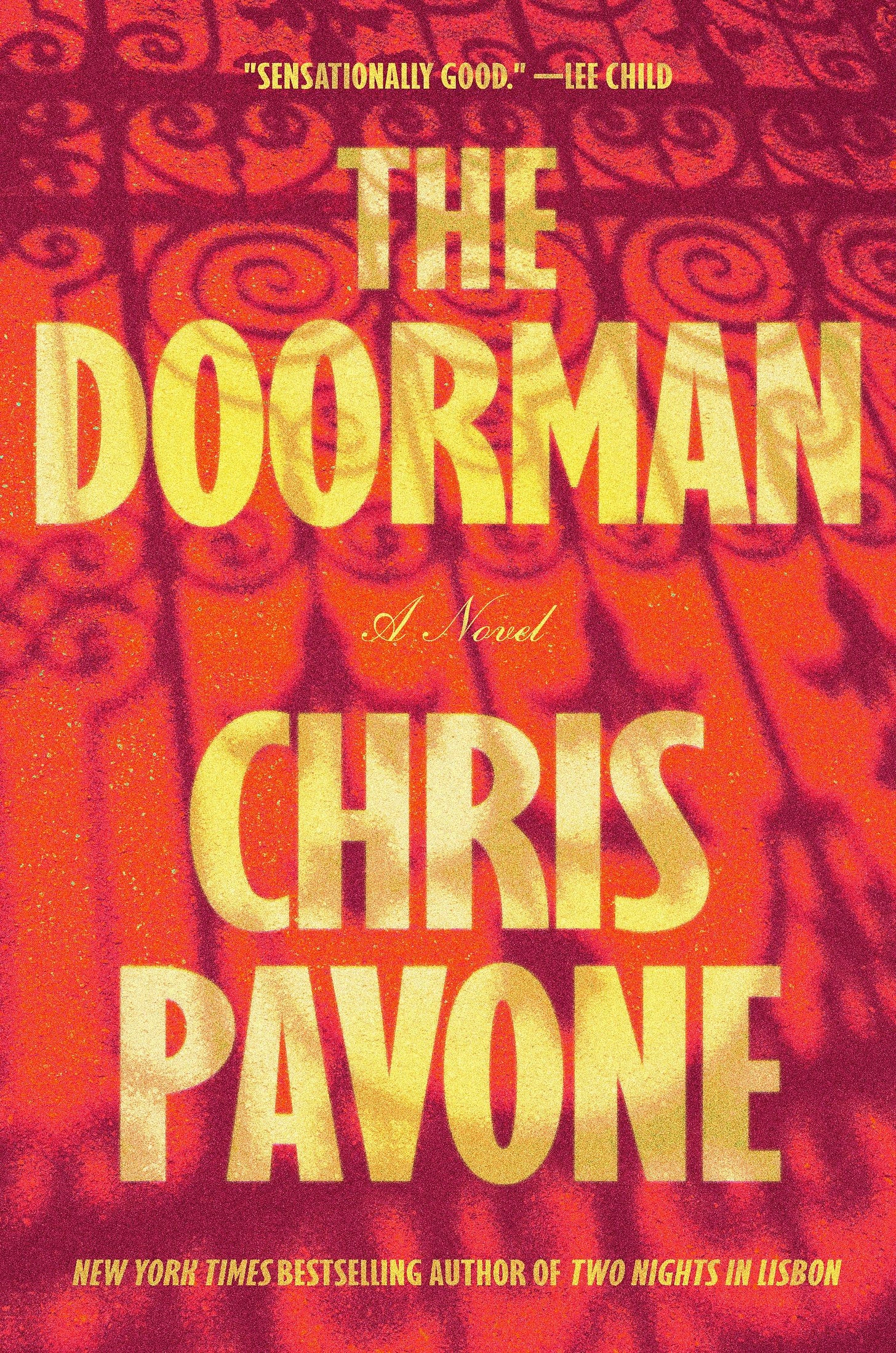
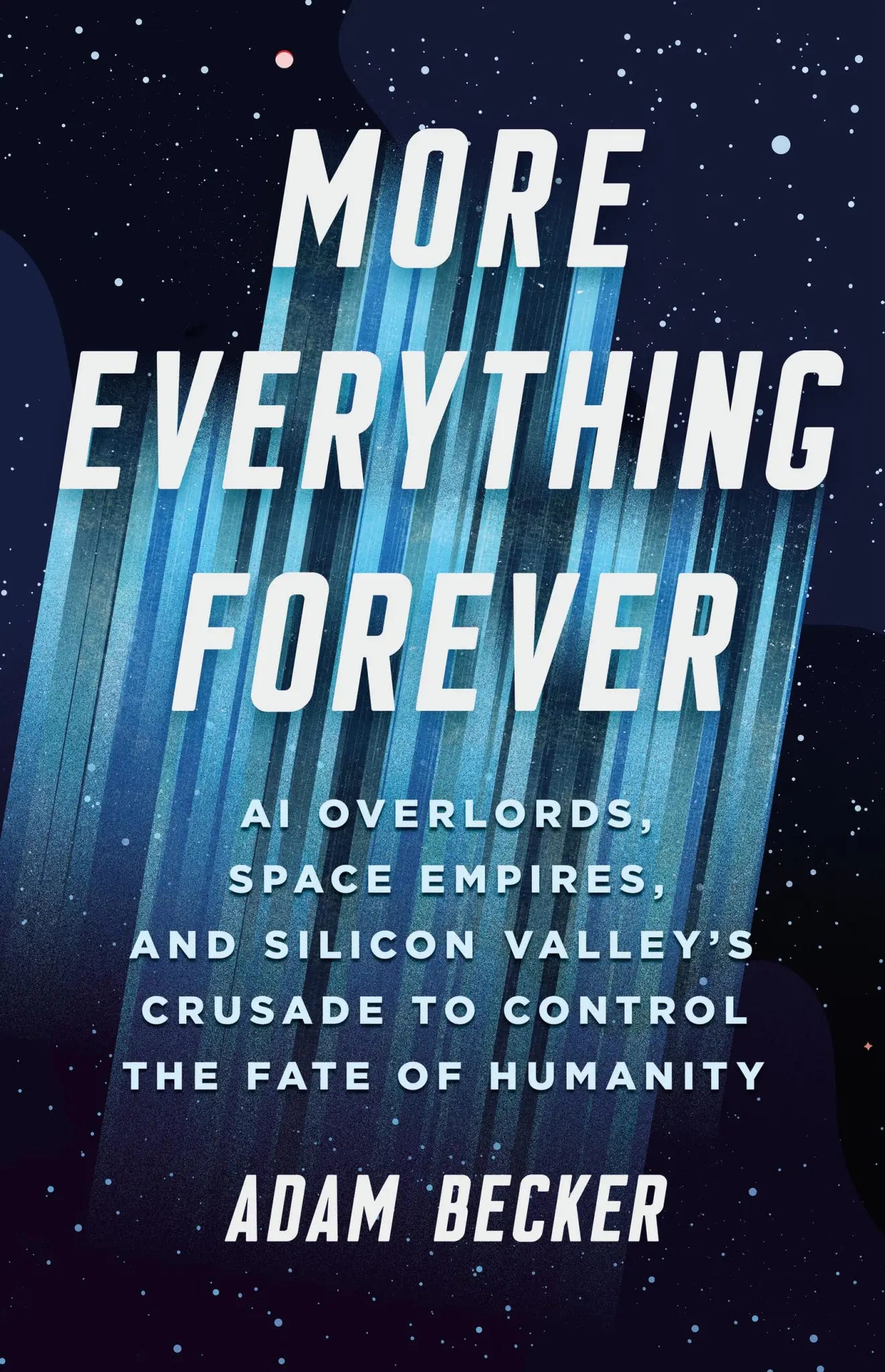
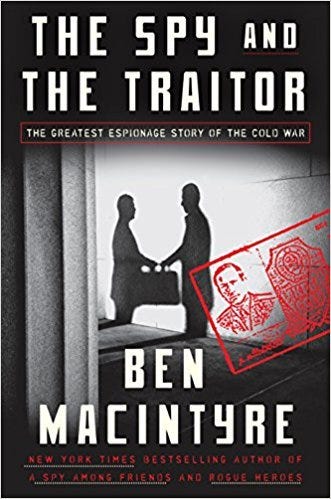


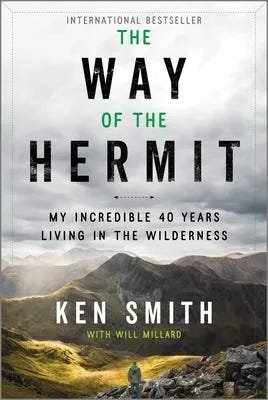


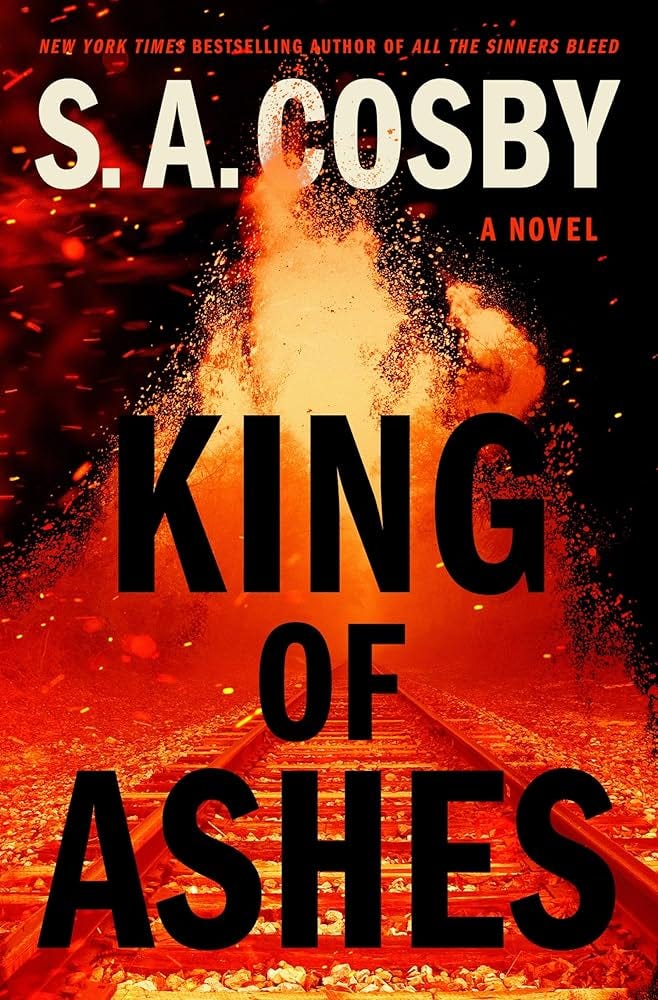
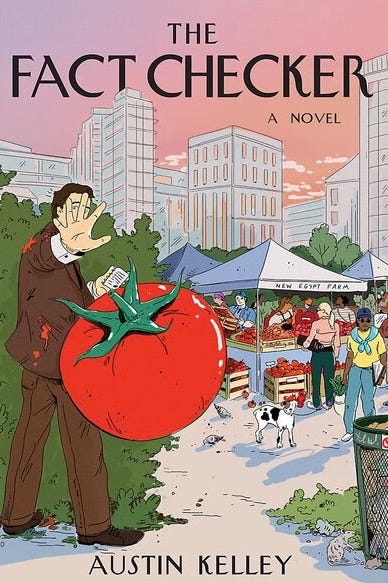
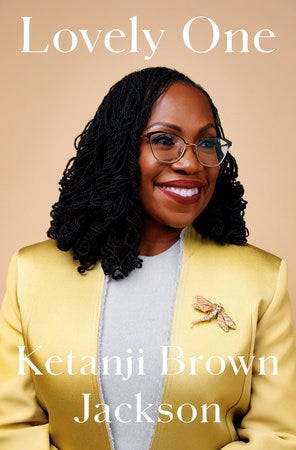
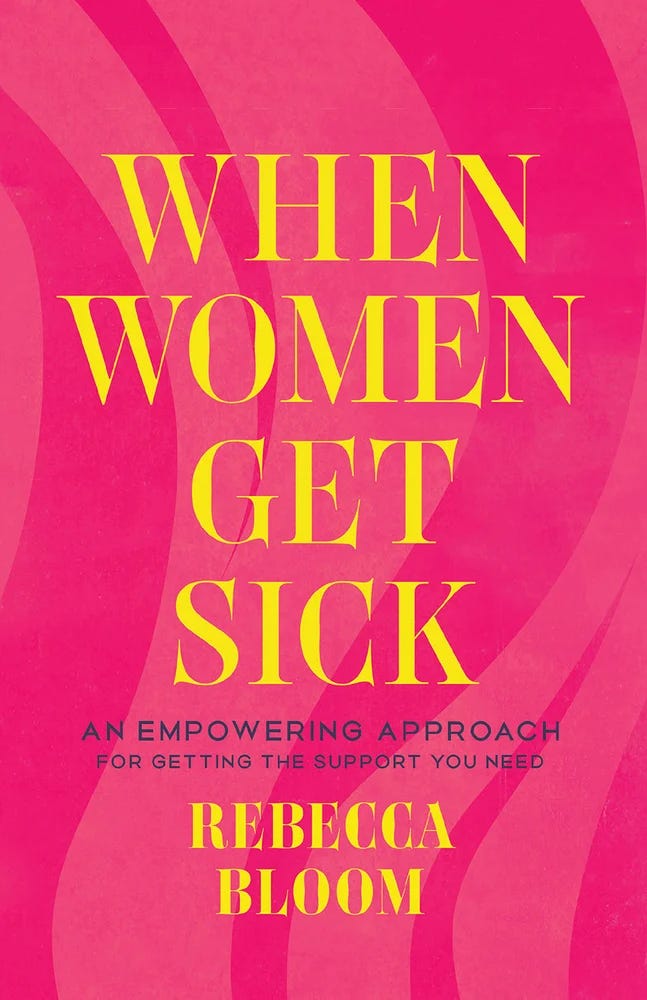
Thanks for this! I'm always looking for new books to read and summer is the best reading season. Here's what I've been reading:
Fiction - just finished "The Doorman" and also loved it. Now about to start "The Woman in Suite 11" the new Ruth Ware thriller that just landed in my kindle
Book club - we always do a classic in July so this month we read "So Big" by Edna Ferber. I had never read any of her books and loved this book which won the Pulitzer in 1925. Definitely resonated with what's going on today in terms of the haves vs. the have-nots plus loved the main character of Selina who was a badass entrepreneurial woman in a time when that was incredibly unusual
Memoir - "You've Been Chosen" by Cynt Marshall, by the former CEO of the Dallas Mavericks that focuses on her cancer journey. I saw her speak at a conference last month and her story is inspirational
Non-fiction - "Super Agers" by Eric Topol, MD, as I'm moving into my later years (I'm 57), I want to incorporate best practices to ensure I stay healthy and mentally sharp for several more decades to come
For a page-turning romp with lots of humor is E. Jean Carrol’s book “Not My Type”. It’s a great diversion from the too-serious everything we’re drowning in every day. (But thanks for giving me new titles for my Kindle this summer!)